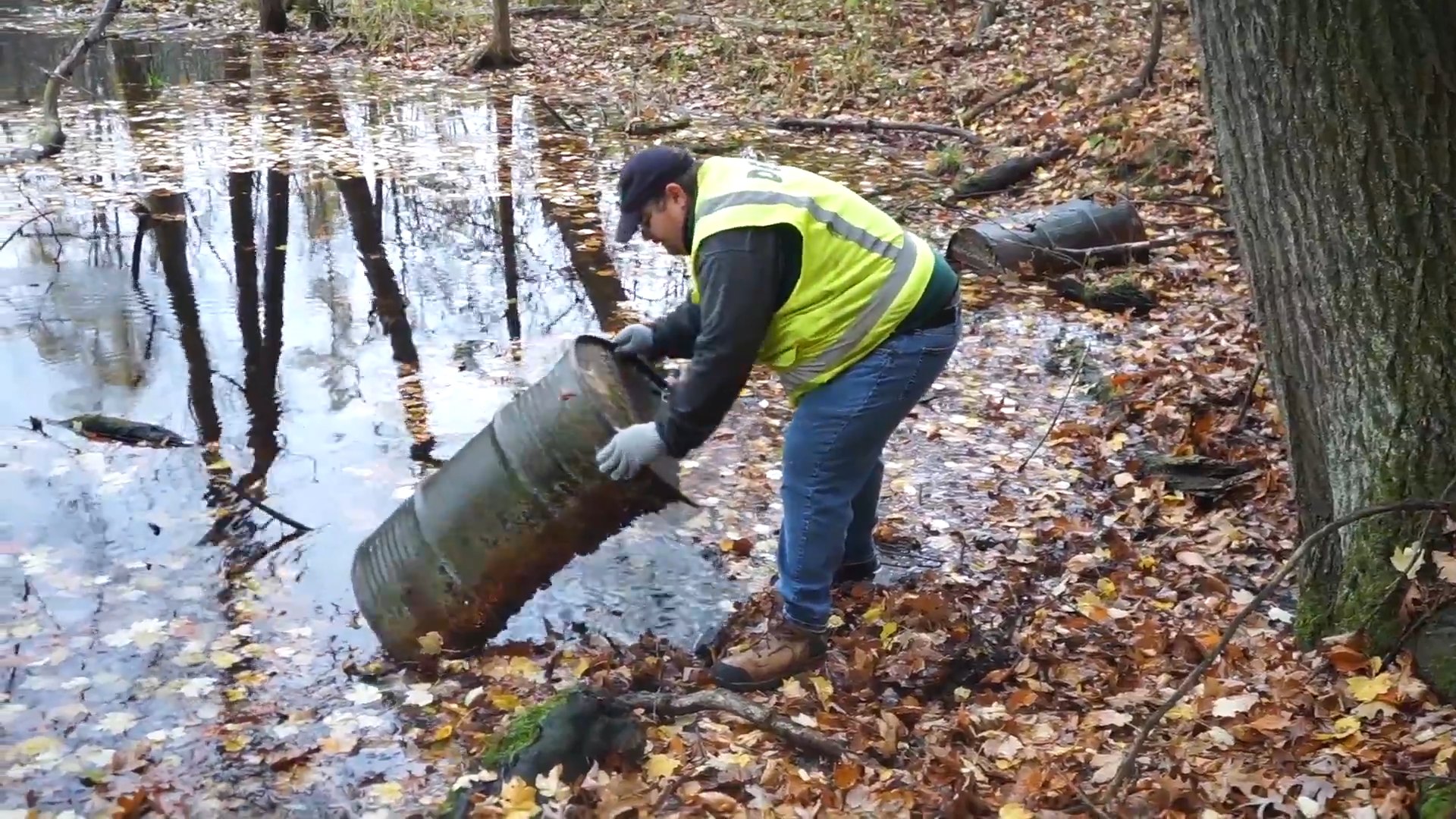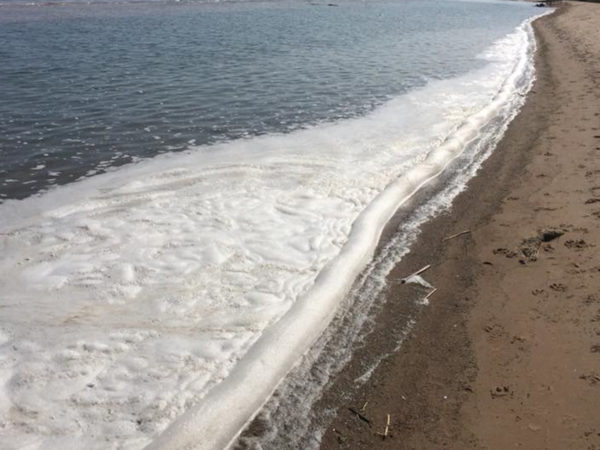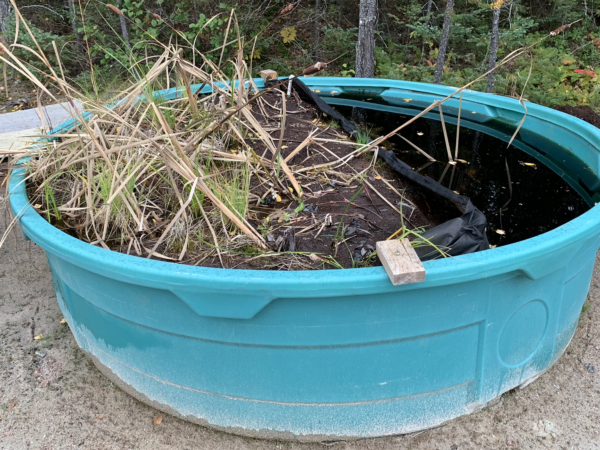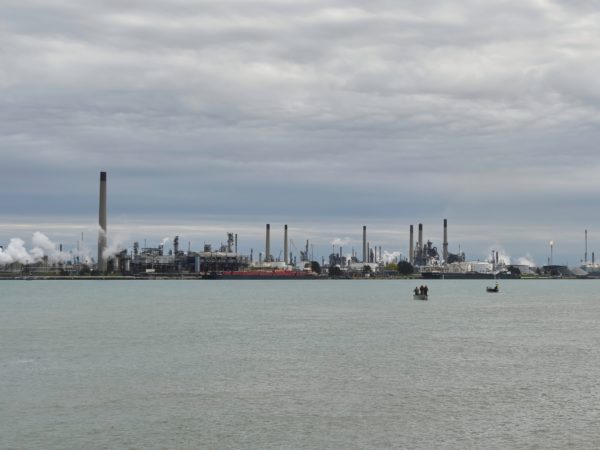
What’s it like to have PFAS in your groundwater?
What is the state of Michigan doing about industrial chemical contaminations in drinking water?
How are these chemicals affecting people who consume them?
Join Detroit Public TV and WKAR to learn the answers to these questions from experts after a screening of the Great Lakes Now documentary “The Forever Chemicals.”
The event is at 7 p.m. on Thursday, Oct. 24 on the campus of Michigan State University.
The film takes a close look at PFAS, which is the curious acronym that stands for a family of chemicals that’s in most homes and being detected in an increasing number of people’s water systems in Michigan and other states and provinces. Research is only beginning to determine the health effects and what, if any, treatment there might be. What can people do to protect themselves and their families? And at what cost?
After the film, Great Lakes Now Program Director Sandra Svoboda will moderate a panel of experts looking at the health, environmental and political issues surrounding PFAS contamination. Confirmed panelists are:
Sandy Wynn-Stelt, a resident of Belmont, Mich., who has one of the highest ever-detected levels of PFAS in her well water and is now an advocate for water quality;
Liesl Clark, the director of Michigan’s Department of Environment, Great Lakes, and Energy;
Sue Allor, elected to the Michigan House of Representatives and chair of the Appropriations Subcommittee on Natural Resources and Environmental Quality;
Courtney Carignan, an assistant professor of food science and human nutrition, pharmacology and toxicology at Michigan State University who investigates how exposure to mixtures of ingredients and contaminants in consumer products, drinking water and food affect people’s health.
Paula Gardner, MLive Media Group’s environmental news and policy reporter who has covered PFAS issues.




